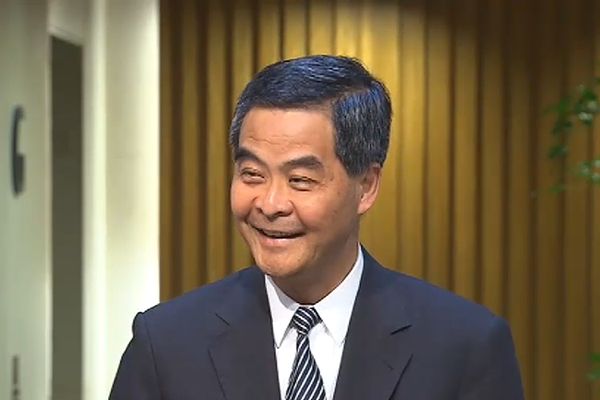By Ming Wong
If history is any guide, the HK$2 billion Innovation and Technology Venture Fund proposed by our Chief Executive Leung Chun-ying is destined for failure. The same fate also awaits the HK$500 million Innovation and Technology Fund for Better Living that aims to apply technology to improve the lives of our citizens. The problem lies not with the undoubted good intentions of Mr. Leung but with how these funds are administered.
I doubt too many people still remember the HK$500 million Social Innovation and Entrepreneurship Development Fund announced by Chief Secretary Carrie Lam in November 2012 or for that matter the $20 billion Community Care Fund that was first established in 2011 by the previous administration. Since their creation, these funds have only disbursed less than 10% of their allocation.

The snail’s pace of funds allocation can be traced directly back to the traditionalist nature of the various task force members assigned to the role. Most, if not all of them, were appointed for their backgrounds in government, academia and non-profits. While there might also be a few business leaders in the task forces, they tend to be just as old-school in approach. The reality is that most of the members serving on these task forces view their appointments either as national service or as necessary stepping stones to the next stage of their careers. In other words, there is no incentive for any of them to take risks. The result of their collective conservatism is the setting of funding criteria that chokes off innovation and eliminates any “outside the box” solutions to our city’s social problems.
Another major issue is the significant overlap among all these funds. Often they differ only in name. Yesterday’s buzzword was “social innovation” so a fund carrying that name was created. Today’s buzzword is “technology” so let’s create not one but two funds with that name. A director from a prominent local nonprofit once told me that funds are a political response. Like candy, they are good to eat but disastrous if taken as a daily diet.

While such scepticism is understandable, I believe that properly structured funds can act as catalysts to kick-start social change. By themselves none of these funds are sufficient to sustain or scale innovation. But if we ensure that the funds include appropriate policy ingredients, such as clarity of purpose, stakeholder engagement and transparency, then the potential for these funds to play a crucial catalytic role to accelerate social change is tremendous.
Creating the funds is the easy part. Mr. Leung must now have the courage to cede control of these funds to the third sector and not let any of the traditional task forces near them. My suggestion is to take a leaf out of the British government’s playbook. In 2000, the Millennium Commission introduced a nation-wide competition to bid for a £100 million (HK$1.1 billion) endowment from the National Lottery. It chose this route because it recognized that the best ideas come from the public instead of the government. UnLtd – the Foundation of Social Entrepreneurs – won the competition and has since given out over 13,000 awards, helping to develop a vibrant ecosystem in Britain that is the envy of the world.
There is no reason why Hong Kong cannot do the same. For once, let’s follow up these fund ideas with proper execution. If we get this right, Hong Kong has the opportunity to tap into fresh global resources and attract new talent to put our city back on the path towards prosperity.
Ming Wong is co-founder & CEO of Asia Community Ventures. After a long career in banking and finance, Ming has spent the past seven years exploring impact investing as a bridge between philanthropy and investing, because he believes that philanthropic and government grants alone are no longer sufficient to solve our world’s most pressing social and environmental problems.
